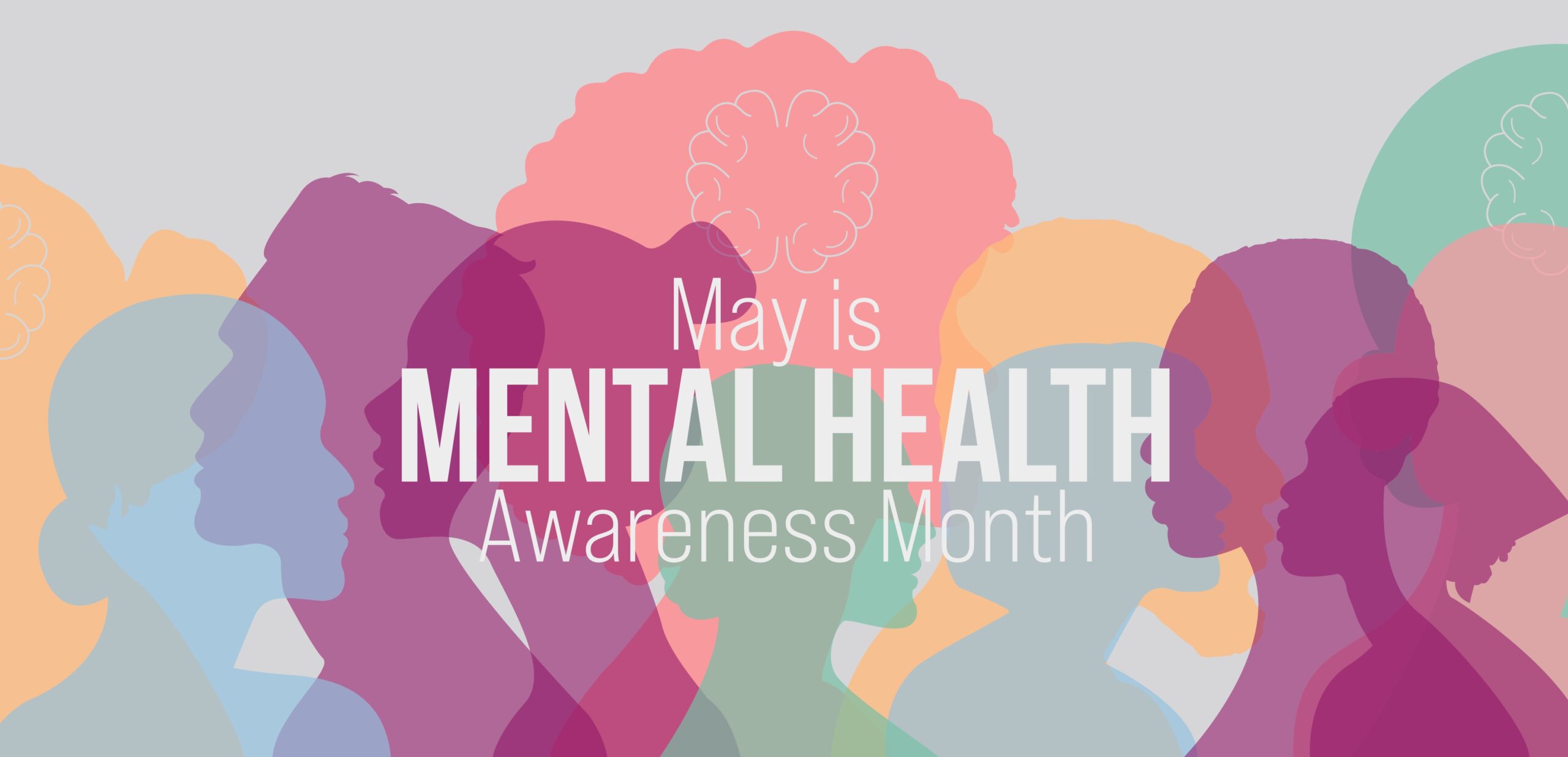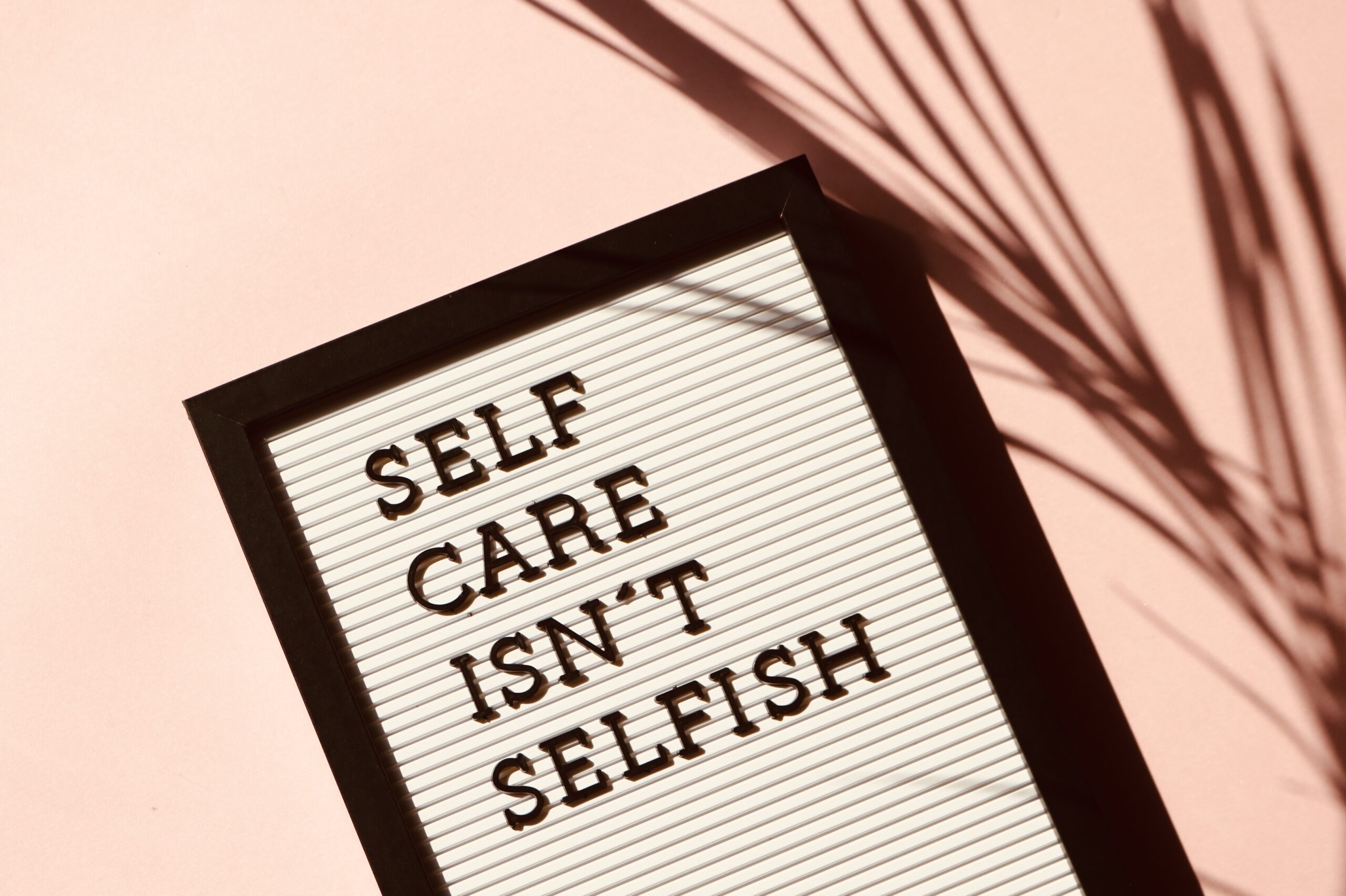You may have been told as an adult to take the daily recommendation of 1000 IU of vitamin D daily, but is that all you really need?
 If you live anywhere with a lack of sunlight, there’s a chance you have heard a lot of talk about vitamin D. Often called the sunshine vitamin, there is no shortage of emphasis on the importance of vitamin D in a regular diet. However, during pregnancy, vitamin and nutrient requirements can get quite complicated and it can be easy to forget why meeting these requirements is so important. In this post, we will discuss vitamin D, its role in the diet, and the key role it plays in a healthy pregnancy.
If you live anywhere with a lack of sunlight, there’s a chance you have heard a lot of talk about vitamin D. Often called the sunshine vitamin, there is no shortage of emphasis on the importance of vitamin D in a regular diet. However, during pregnancy, vitamin and nutrient requirements can get quite complicated and it can be easy to forget why meeting these requirements is so important. In this post, we will discuss vitamin D, its role in the diet, and the key role it plays in a healthy pregnancy.
What is vitamin D?
Before we can get into vitamin D during pregnancy, let’s go back to the basics! Vitamin D refers to both the nutrient found in outside sources as well as a hormone our bodies produce. Vitamin D is a fat soluble vitamin whose main purpose is to help our body absorb calcium and phosphorus. Calcium actually can’t be absorbed by the body unless vitamin D is present, meaning that getting enough vitamin D is essential for bone structure. The power duo that is calcium and vitamin D also contributes to cardiovascular, endocrine, neural, and immune health.
Fun fact: So many of our body’s tissues contain receptors for vitamin D, and the exact reasons are not fully known – research is continuously being done to explore the full scope of vitamin D’s function in the body!
Why is vitamin D essential during pregnancy?
Vitamin D has been found to be involved in many processes that ensure a healthy pregnancy. To name a few, vitamin D aids implantation, supports fetal growth and skeletal development, and regulates blood sugar and insulin levels. Getting enough vitamin D also lowers the risks of various complications during pregnancy such as gestational diabetes, preterm birth, high blood pressure, and postpartum depression.
 Despite the many positive benefits of getting enough vitamin D during pregnancy, the main concern when it comes to monitoring this nutrient is the negative effects of vitamin D deficiency during this crucial time for both you and your baby. In fact, it is extremely common for pregnant individuals to be deficient in vitamin D due to a combination of increased requirements during pregnancy, as well as lifestyle changes that keep us indoors more often than outdoors. There are a lot of negative outcomes for the baby from vitamin D deficiency during pregnancy, including low birth weight, dental problems into adulthood, low bone density, and autoimmune diseases.
Despite the many positive benefits of getting enough vitamin D during pregnancy, the main concern when it comes to monitoring this nutrient is the negative effects of vitamin D deficiency during this crucial time for both you and your baby. In fact, it is extremely common for pregnant individuals to be deficient in vitamin D due to a combination of increased requirements during pregnancy, as well as lifestyle changes that keep us indoors more often than outdoors. There are a lot of negative outcomes for the baby from vitamin D deficiency during pregnancy, including low birth weight, dental problems into adulthood, low bone density, and autoimmune diseases.
Below you can find a table created by the government of British-Columbia that details potential outcomes from vitamin D deficiency during pregnancy:

Source: https://www2.gov.bc.ca/assets/gov/health/managing-your-health/healthy-eating/vitamin-d-recommendations-perinatal.pdf
These outcomes may seem scary or concerning, but this is just meant to highlight how important vitamin D is not only during pregnancy, but the lasting effect it has on our health from before birth into adulthood! Plus, this is why our team is here to support you during this journey.
Where can I get vitamin D?
 Vitamin D is dubbed the sunshine vitamin since it is actually found naturally in very few foods, and we mostly get our vitamin D through absorption of the sun’s rays through the skin. This is what makes it so difficult for those in colder and gloomier climates to get the amount of vitamin D they need. This is why in Canada, dairy products and cereals are fortified with the vitamin to attempt to reduce deficiency as much as possible. There are some foods that contain a notable amount of vitamin D, like cod liver oil, salmon, tuna, sardines, and egg yolks, but it is important to note that a regular diet in Canada will most likely not provide the necessary amount to prevent some level of deficiency.
Vitamin D is dubbed the sunshine vitamin since it is actually found naturally in very few foods, and we mostly get our vitamin D through absorption of the sun’s rays through the skin. This is what makes it so difficult for those in colder and gloomier climates to get the amount of vitamin D they need. This is why in Canada, dairy products and cereals are fortified with the vitamin to attempt to reduce deficiency as much as possible. There are some foods that contain a notable amount of vitamin D, like cod liver oil, salmon, tuna, sardines, and egg yolks, but it is important to note that a regular diet in Canada will most likely not provide the necessary amount to prevent some level of deficiency.
The current RDA (Recommended Daily Allowance) of vitamin D is 800 IU, however this is seen by many sources as much too low for pregnant individuals. Recent research has actually shown that a daily intake of 2000-4000 IU during pregnancy is much more effective at preventing vitamin D deficiency. It would be extremely difficult to achieve this amount through diet alone, which is why vitamin D supplementation is strongly recommended during pregnancy.
Luckily, vitamin D supplements are very easy to find, and they come in a variety of formats such as capsules and drops. Most supplements are delivered in the form of either vitamin D3 or vitamin D2, however it has been shown in multiple studies that vitamin D3 is much more effective at sustaining levels of vitamin D in the bloodstream for a longer period of time. The reason someone would consider between the two of them is because they’re sourced differently – vitamin D3 comes from animal sources while vitamin D2 is from plant sources, so this may make an important difference for those following a plant-based diet. Otherwise, it is usually recommended to go with vitamin D3.

When supplementing vitamin D, it is important to pay attention to the dosage offered, such as the IU per capsule or per drop, and supplement accordingly (for example, taking 3 drops to supplement 3000 IU). Also, since vitamin D is a fat-soluble vitamin, it may help absorption to take the supplement with food that includes a fat source. Despite the importance of vitamin D, it isn’t often tested in routine blood work here in Canada. Whether you are your family doctor or book an appointment with our nurse practitioner to get blood work- make sure that vitamin D is included.
Getting enough vitamin D during pregnancy is essential for the health of both you and your baby, and if you are concerned about your intake or would like to discuss further, our dietitians and nurse practitioner are here to help! You can book an appointment through the “Book Now” at the bottom of this post.




